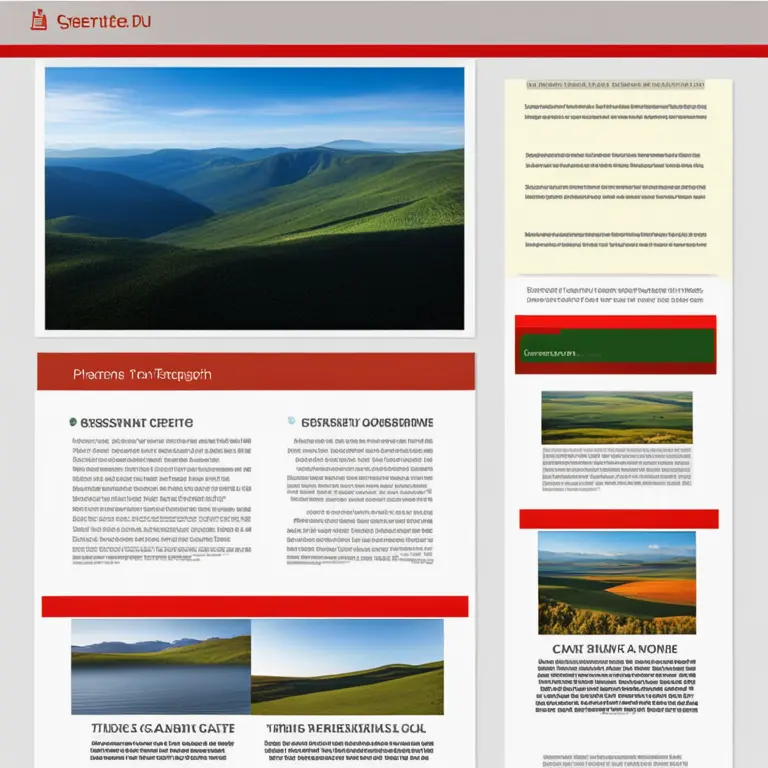
Mindful Serenity: A Guide to Meditation Exercises
Explore effective meditation and mindfulness exercises to foster clarity, reduce stress, and enhance overall wellbeing in our modern world.
article by Hina Kurosawa
Introducing Meditation and Mindfulness
Meditation and mindfulness have surged in popularity as essential practices for psychological resilience and emotional well-being. Rooted in ancient traditions, yet immensely relevant to our contemporary lives, these practices provide a refuge from the relentless pace and pressures of modern life. Mindfulness encourages present-moment awareness, while meditation often involves more focused practices aimed at deepening this sense of presence. Together, they offer a spectrum of exercises that can be tailored to individual needs, fostering a balanced and serene state of mind.

The Essence of Breathing Exercises
Breathing serves as the foundational element in many meditation and mindfulness practices. Focusing on breath can anchor awareness in the present, regulate the nervous system, and calm the mind. A basic exercise involves observing the natural inhalation and exhalation, noting the rhythm and any sensations that accompany the breath. Gradually, one can progress to more structured techniques, such as the 4-7-8 method, where you inhale for four seconds, hold the breath for seven seconds, and exhale for eight seconds. This simple exercise can significantly lower stress levels and improve concentration.

Body Scan for Heightened Awareness
The Body Scan is a mindfulness exercise that promotes an attuned connection with one's physical sensations. Practitioners begin at one end of the body, usually the feet, and gradually move their attention upwards, noting any tension, temperature changes, or discomfort along the way. This process not only grounds individuals in their bodies but also helps release stored tension. Carried out regularly, it can contribute to a greater sense of bodily awareness and relaxation.

Visual Meditation Techniques
Visual meditation is a vibrant tool that incorporates imagery to deepen the meditative experience. Practitioners can visualize a serene scene, a flowering lotus, or even light radiating from the heart. These mental images promote a calming effect on the mind and can help manifest feelings of joy, peace, or compassion. As imaginative faculties are employed, visual meditation can also enhance creativity and problem-solving skills.

Guided Meditation for Structure
For those who prefer a more structured approach, guided meditations can be particularly beneficial. Through audio recordings or live sessions, a guide leads practitioners through a meditation, often using imagery and suggestions to elicit a relaxed state. This format is especially suitable for beginners or those who find it challenging to maintain focus during self-led practices. The guidance can provide a narrative to follow, making the meditation process more accessible and less daunting.
Mindfulness in Daily Activities
Incorporating mindfulness into everyday activities is a practical way to embrace the philosophy of 'living in the moment.' Whether it's mindful eating, walking, or even listening, these practices involve full engagement with the current experience. By paying close attention to the senses and the activity at hand, one can transform mundane actions into moments of clarity and appreciation, thereby infusing regular day-to-day experiences with a sense of mindfulness.
Concluding Thoughts on Meditation Practice
The journey into meditation and mindfulness is both personal and infinite. These exercises are mere starting points, gateways to a more balanced and focused state of being. With consistent practice, individuals can cultivate a serene mindspace, counteract stress, and navigate life with greater emotional poise. The result is not just beneficial for one's internal world but has the power to positively affect interactions with others and the surrounding environment.
Published: 1/18/2024
Modified: 1/18/2024
More predictions
Come back here soon to learn more about yourself and your future


Easing Pain With Mindfulness Meditation
Discover how meditation can be a powerful tool for pain management, offering natural relief and mind-body harmony.


Can Meditation Impact On Depression?
Meditation can be a powerful tool for mental health. Discover whether incorporating a meditation practice can alleviate depressive symptoms.


How Meditation Reshapes Our Brains
Discover the transformative power of meditation and its profound impact on brain structure and function in this insightful article.